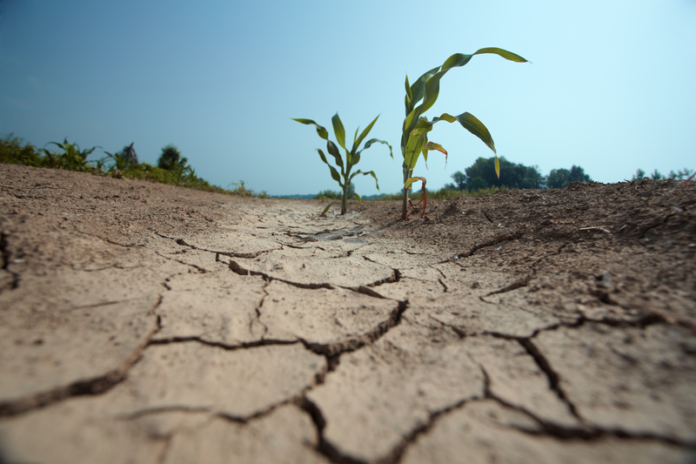NAIROBI, Kenya (KAAB TV) — The IGAD Climate Prediction and Applications Centre (ICPAC) has released its seasonal forecast for October to December 2024, indicating drier-than-normal conditions in the eastern Horn of Africa, while western regions are likely to experience above-normal rainfall.
The forecast predicts below-normal rainfall for southern Ethiopia, much of Somalia, eastern Kenya, and parts of central and southern Tanzania, with southern Ethiopia and central and northern Somalia facing the highest probabilities of drought.
Conversely, western areas including southeastern South Sudan, northern Uganda, western and northwestern Kenya, northern Tanzania, southern Burundi, and parts of western Rwanda are anticipated to receive above-normal rainfall, which could bolster agricultural productivity, pasture generation, and water resource availability.
The onset of rains is expected to be early to normal in much of the western region, including southwestern Ethiopia, Uganda, western Kenya, Burundi, Rwanda, and western Tanzania.
In contrast, a late onset is forecasted for parts of southern Somalia, eastern Kenya, eastern Tanzania, and southern Ethiopia.
Temperature forecasts indicate a likelihood of warmer-than-average conditions across the Greater Horn of Africa (GHA), particularly in eastern parts of Tanzania, Kenya, Ethiopia, Eritrea, Sudan, Djibouti, and Somalia.
Average to cooler-than-average temperatures are expected in cross-border areas of Uganda, South Sudan, and localized regions in northern Tanzania and western Sudan.
Highlighting the urgent need for coordinated action, H.E. Dr. Workneh Gebeyehu, Executive Secretary of IGAD, stated, “Food insecurity continues to persist in the IGAD region, with 56.5 million people currently facing acute shortages. Extreme climate events and conflicts exacerbate the situation. This forecast underscores the urgent need for coordinated preparedness efforts.”
Dr. Eng. Festus K. Ng’eno, Principal Secretary of the State Department for Environment, emphasized the importance of effective early warning systems, noting, “We need to invest in the development and maintenance of these systems to ensure that warnings reach the most vulnerable communities.”
Dr. Abdi Fidar, Officer-in-Charge at ICPAC, reinforced the need for timely action, stating, “The predicted drier conditions, coupled with ongoing food insecurity, demand coordinated efforts from relevant stakeholders to mitigate potential impacts.”
The ICPAC’s seasonal forecast method aligns with the World Meteorological Organization’s guidelines, utilizing data from nine Global Producing Centres to inform the OND 2024 seasonal climate outlook.


